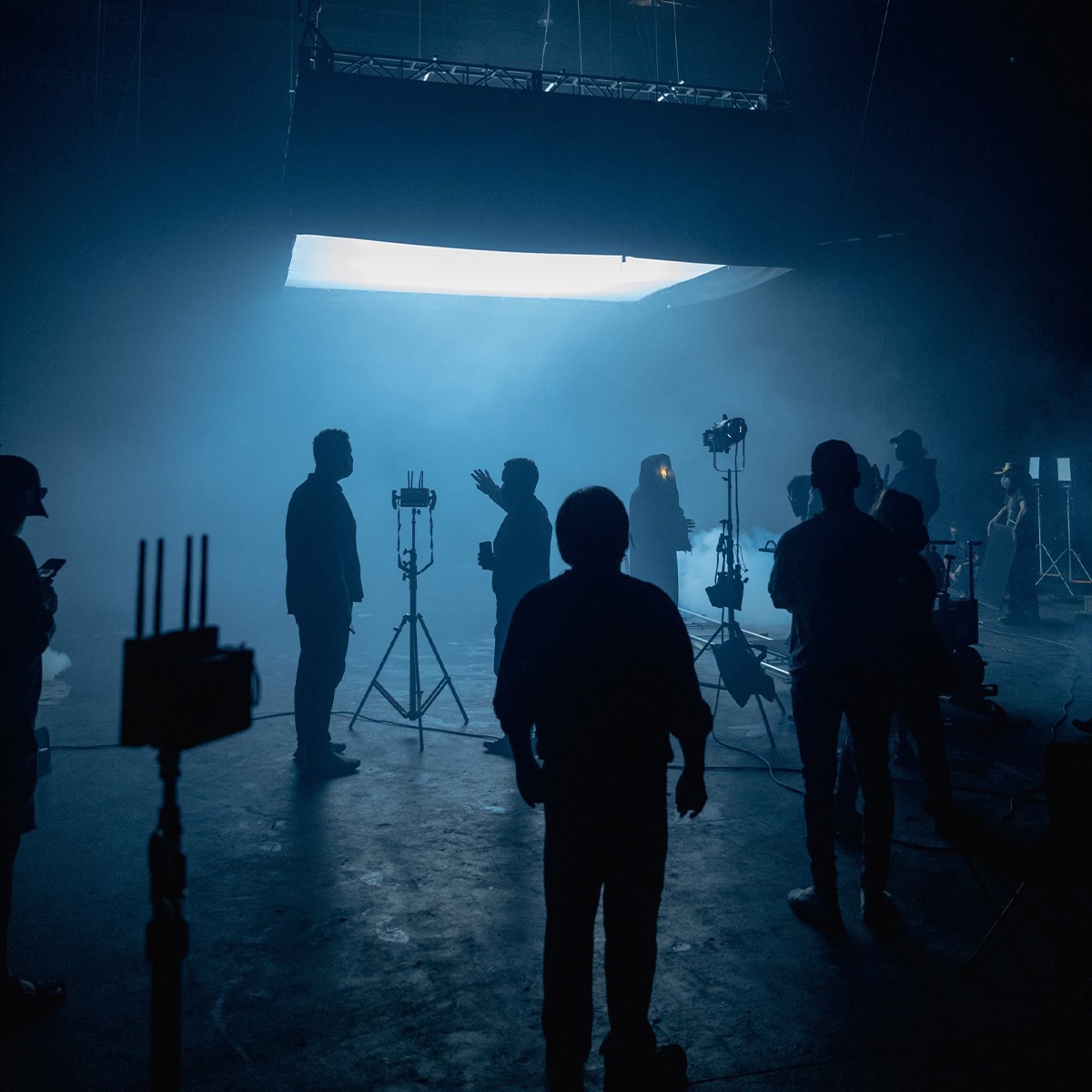Special Effects Department
Film Crew Position: Special Effects Makeup Designer

What does a Special Effects Makeup Designer do?
A Special Effects Makeup Designer is a pivotal creative role in the film industry responsible for designing and applying makeup and prosthetics that transform actors into characters, often beyond the realm of conventional beauty makeup. These artists craft the visual elements that bring fantastical creatures to life, age actors, simulate injuries or any number of other physical transformations required by the script that cannot be achieved through digital effects alone.
What role does a Special Effects Makeup Designer play?
The role of a Special Effects Makeup Designer involves conceptualizing and executing the physical transformation of actors according to the needs of the production. They collaborate closely with directors, costume designers, and other department heads to ensure coherence in the visual storytelling. The work can range from subtle adjustments to complete character overhauls, requiring a keen eye for detail, an understanding of anatomy and an ability to sustain continuity over the course of filming.
Do you need to go to college to be a Special Effects Makeup Designer?
Pursuing a career as a Special Effects Makeup Designer does not necessarily require a college degree, though it can be beneficial. Many professionals in this field hold degrees in makeup artistry, theatrical makeup, or fine arts. However, specialized training through cosmetology programs or dedicated special effects makeup schools is often more critical. Essential to success in this field is the accumulation of hands-on experience, whether through internships, apprenticeships, or low-budget film projects.
What skills do you need to be a Special Effects Makeup Designer?
The skills required for a Special Effects Makeup Designer are both diverse and specialized. Paramount are artistic ability and a creative imagination, along with practical skills in sculpting, molding, and applying makeup and prosthetics. A deep understanding of color theory, lighting, and the impact of camera lenses on the makeup's appearance is crucial. Additionally, these designers must possess strong communication and time management skills, as well as the dexterity and patience to perform intricate tasks over long periods.
New to filmmaking?
Get Free Template
Use our budget template to get a kick start on your film project. Get access to dozens of templates no matter what type of project!
